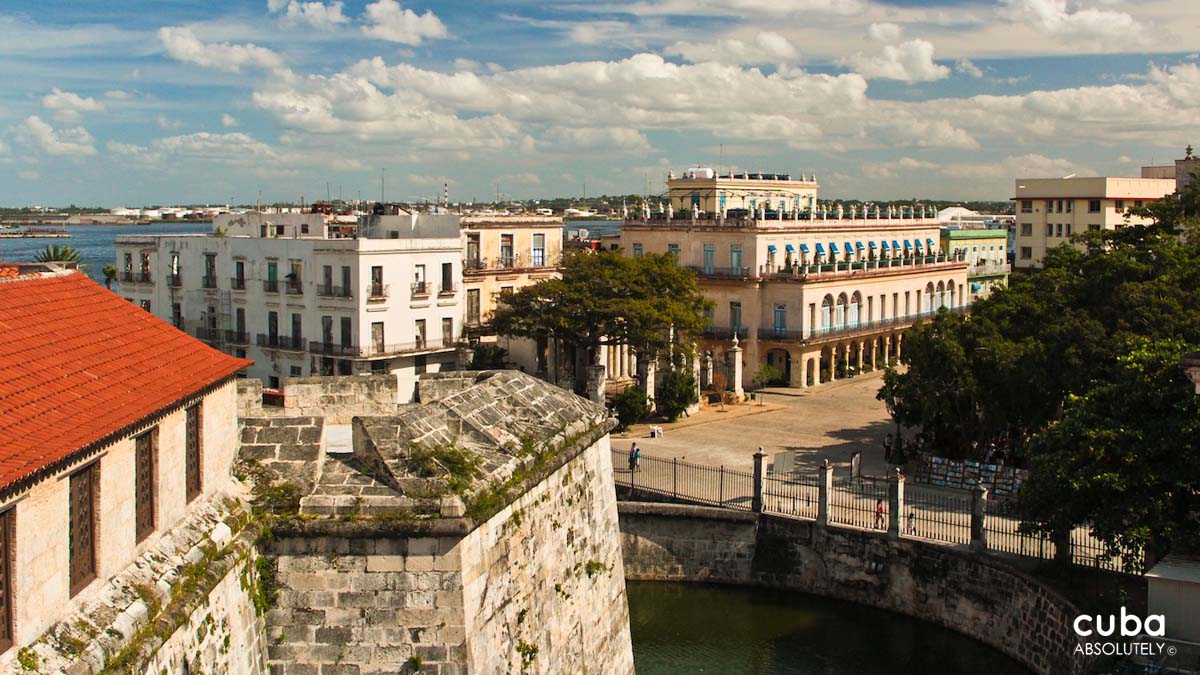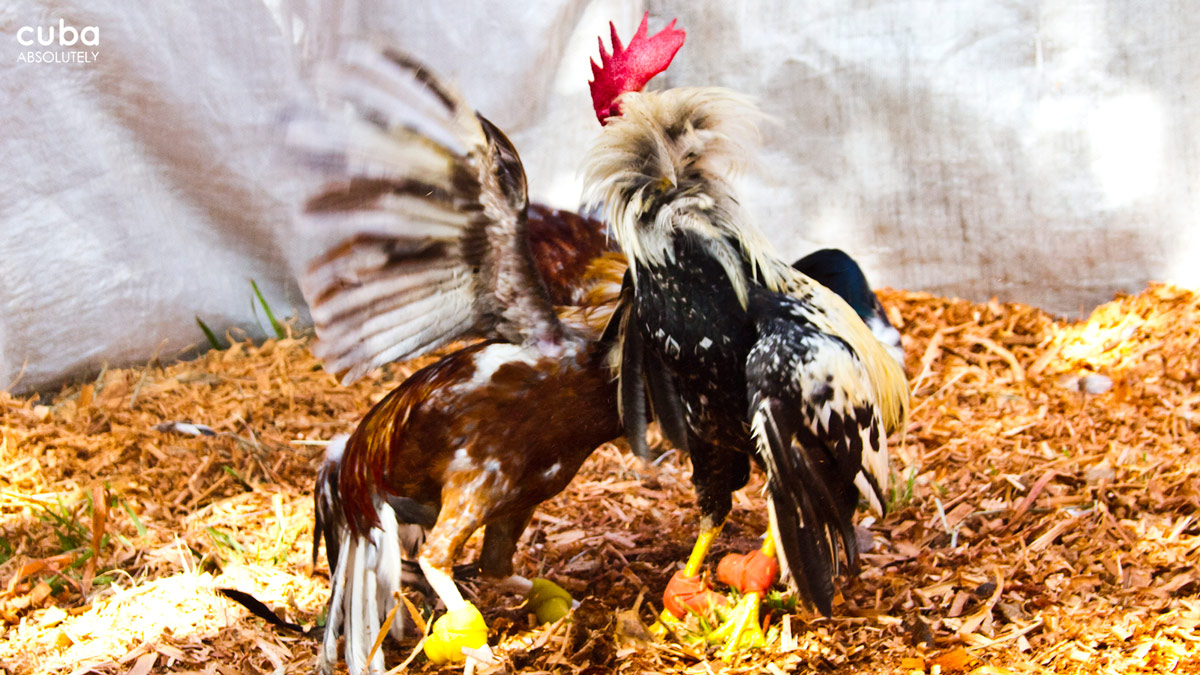The writings of one man have enlightened and inspired Cubans for over a century. This man is José Martí, and every year on January 27, students and workers gather together to celebrate his birth in the Marcha de las Antorchas—March of the Torches. José Martí was born in Havana and vigorously opposed injustice and oppression from a very early age. As an adolescent, his unwavering commitment to the full dignity of man earned him a prison sentence, being subjected to forced labor in the quarries. But prison did not deter him. His continual confrontation with the Spanish colonial government forced him to spend most of his short life—45 years—in political exile.
Cuban literature was enriched by Martí’s simple, fluent style and his personal, vivid imagery. His writings include poems, newspaper articles, reviews, letters, diaries, essays and political writings, which have been gathered in over 50 volumes in Martí’s Obras Completas [Complete Works].
While Martí’s poetry is considered by many as the precursor of the Spanish-American literary movement known as Modernismo, he is also considered the founder of modern political thought in Cuba. After all, he created the Cuban Revolutionary Party and organized the “necessary war” of 1895.
In 1953, on the centenary of his birth, the Federation of University Students decided to pay tribute to Martí’s memory in what would become known as the March of the Torches. On the eve of January 28, people filled the streets to show their civic attitude as well as the significance of the day. This act had added meaning because it occurred during the dictatorship of Fulgencio Batista, who seized power through a military coup, assumed the presidency and suspended the Constitution in 1952. At 11:30 pm on Tuesday, January 27, a huge mass of torch-bearing youth descended the steps of the University of Havana to march through the streets. The human avalanche completed their journey shortly after midnight upon their arrival at the quarries where the 17-year-old Martí had served his sentence.
After the Revolution of 1959, the March of the Torches acquired a more festive mood. Today, many of the students who take part in the march are driven by the festive atmosphere and not necessarily the true meaning of the celebration. Sixty years after the first march, however, one thing is certain: the streets of Havana continue to fill with youth holding torches on the evening of January 27.







